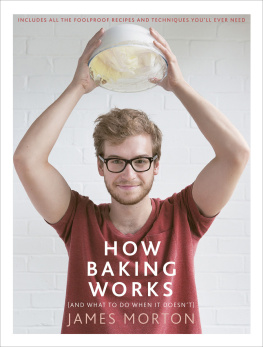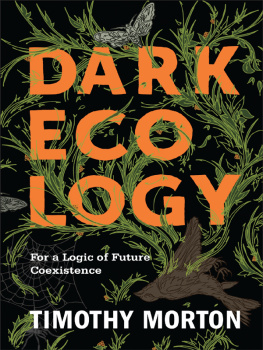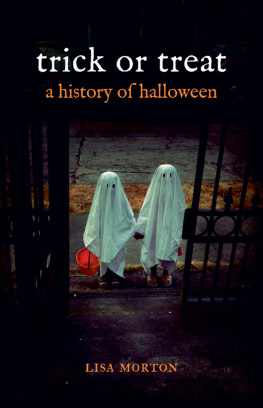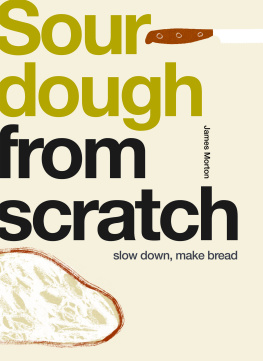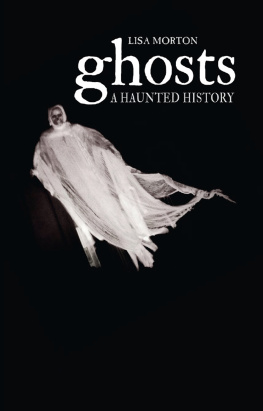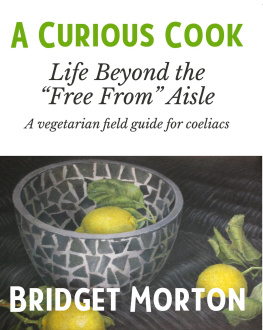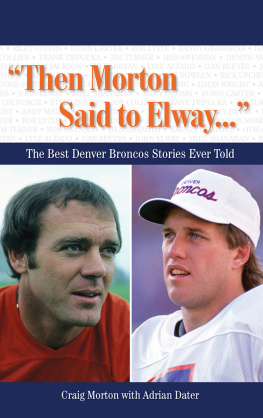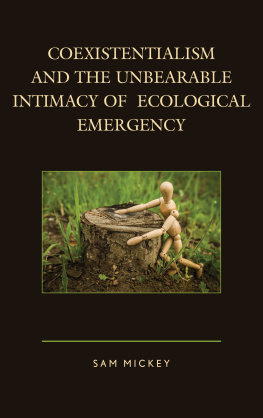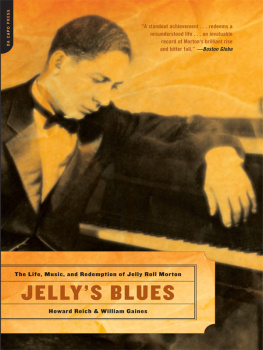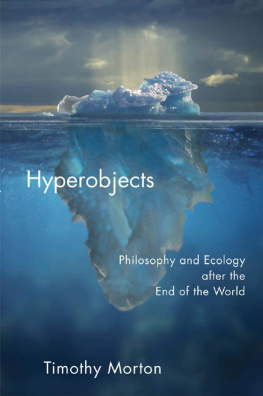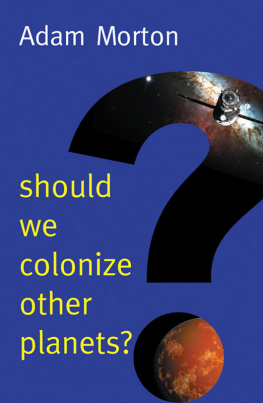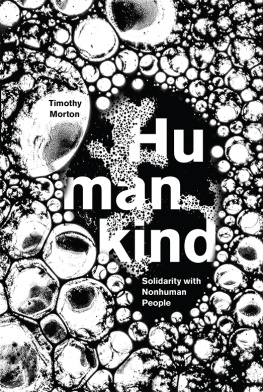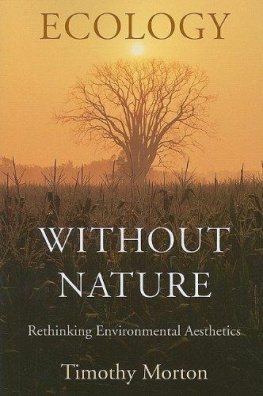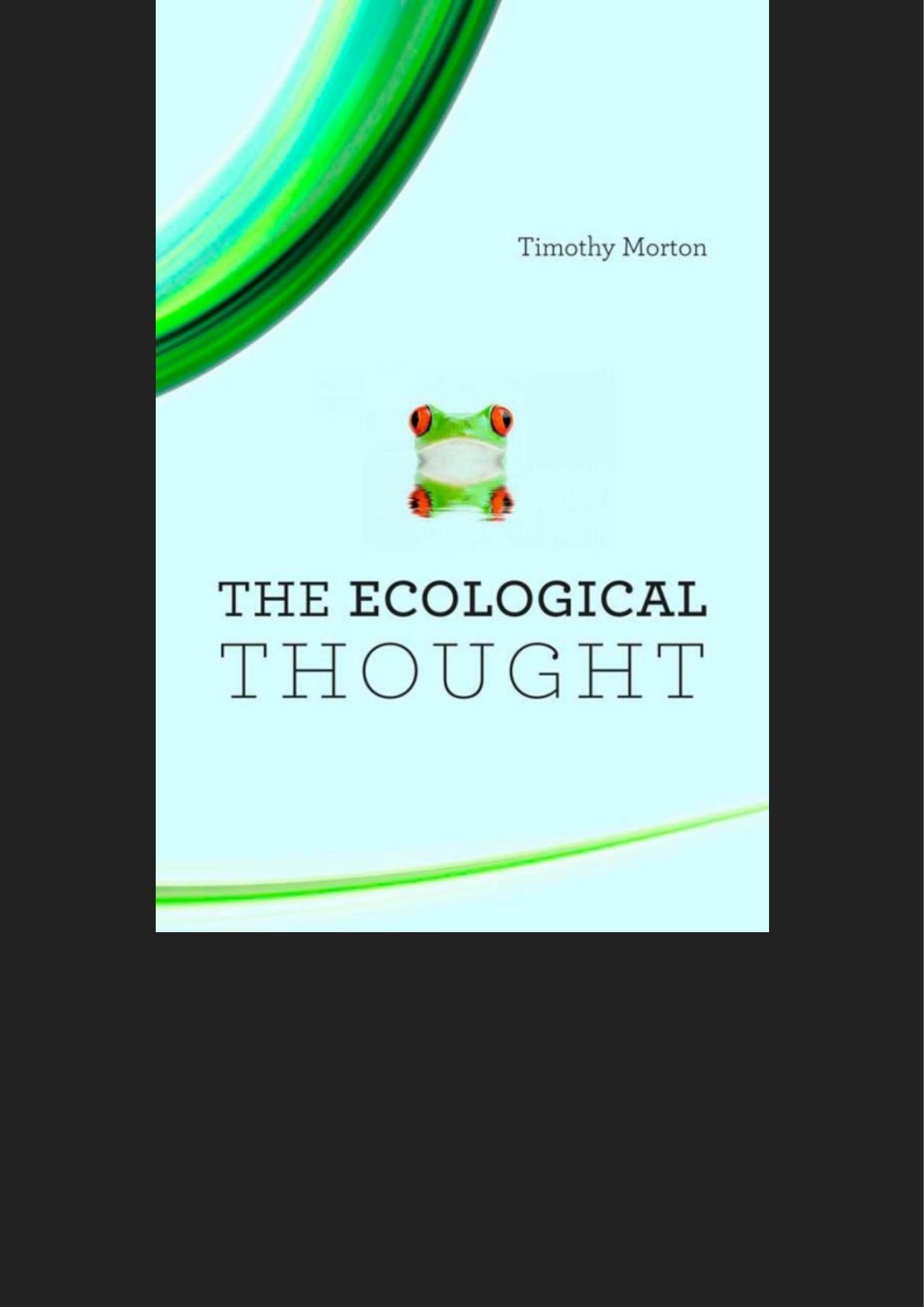
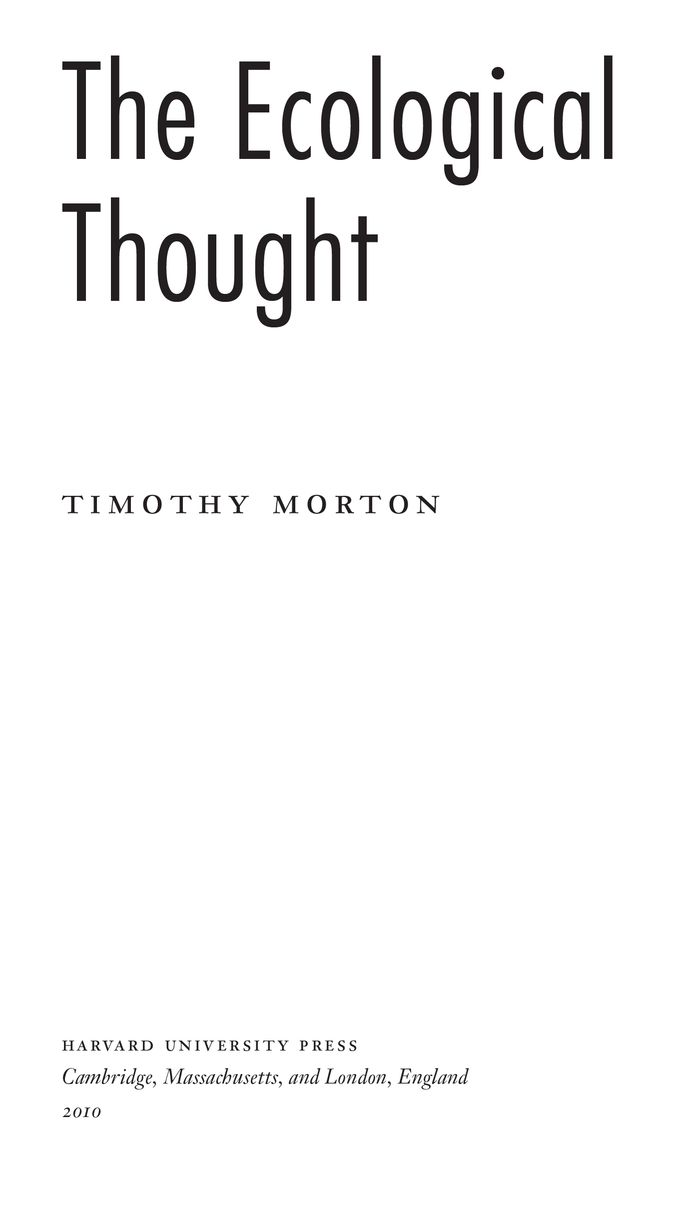
Table of Contents
Copyright 2010 by the President and Fellows of Harvard College
All rights reserved
Printed in the United States of America
Library of Congress Cataloging-in-Publication Data
Morton, Timothy, 1968
The ecological thought / Timothy Morton.
p. cm.
Includes bibliographical references (p. ) and index.
ISBN 978-0-674-04920-8 (alk. paper)
eISBN : 978-0-674-05673-2
1. EcologyPhilosophy. I. Title.
QH540.5.M66 2010
577.01dc22
2009038804
For Claire
Acknowledgments
A big thank you to David Simpson, my distinguished colleague, David Robertson, and Margaret Ferguson, Chairs of the Department of English at the University of California, Davis: theyve created a flourishing environment for me. I owe a debt of immense gratitude to Lindsay Waters at Harvard University Press, for believing in me. Lindsay gave inspiring and learned advice and transformed the last two years into the most pleasant and educational writing stint of my life. Thank you to Tsoknyi Rinpoche, who influences my thinking in ways too many to enumerate. And thank you to Gerardo Abboud, for taking a group to Tibet in Fall 2007.
Profound thanks are due to this books two anonymous readers. Im grateful to David Clark for having read a draft. Marjorie Levinson helped me clarify my thinking immensely. Dimitris Vardoulakis kindly commented on the manuscript. David Robertson likewise gave encouraging and valuable advice, and so did Vince Carducci. The project received generous support from UC Daviss Publication Assistance Fund.
Thanks to my graduate students, especially Andrew Hageman, Laura Hudson, Eric OBrien, Chris Schaberg, Rachel Swinkin, and Clara Van Zanten. Im grateful to the Association for the Study of Literature and the Environment (UK), and in particular to Greg Garrard and Tom Bristow for hosting their and my first videoconference keynote speech in July 2008, low on carbon and high on philosophical exchange; to the Centre for Research in the Arts, Social Sciences and Humanities at Cambridge University, and in particular Benjamin Morris and Bradon Smith; to the International Association for Environmental Philosophy; Amy Green-stadt and the Portland Center for Public Humanities; Gerry Canavan and the Polygraph crew at Duke University; Deborah Elise White at Emory University; and Stephanie Lemenager at UC Santa Barbara. Thanks to Vince Carducci for inviting me to Cranbrook Academy of Art in Fall 2007. Thank you to Ann Greer for providing a home away from home in London in Spring 2008.
Thanks to Warner/Chappell, Alfred Publishing and the Richmond Organization, for granting permission to reproduce lyrics by Roger Waters for the Pink Floyd song Echoes from the album Meddle (EMI, 1971), in the epigraph for Chapter 2; Copyright 1971 Warner/Chapell and the Richmond Organization (TRO- Copyright 1971 (Renewed), 1976 (Renewed) Hampshire House Publishing Corp., New York, NY). Used by permission.
Thank you to my terrific research assistant, Sara Anderson. Thanks to Ron Broglio, Kurt Fosso, and Ashton Nichols, collaborators on a stimulating Romantic Circles blog on ecocriticism; and to readers of my blog ecologywithoutnature.blogspot.com. Thank you, too, Ruth Abbott, Sha-hidha Bari, Jeremy Braddock, Nathan Brown, Patrick Curry, John Davie, Fran Dolan, Elizabeth Fay, Svein Hatlevik, Caspar Henderson, Srecko Horvat, Douglas Kahn, Peter King, Claire Lamont, Mike Luthi, Glen Mazis, Jacob Metcalf, Colin Milburn, Jasmine Morton, Ava Neyer, Derek Parfit, Arkady Plotnitsky, Kate Rigby, Michael Rossington, Scott Sher-show, Jane Stabler, Ted Toadvine, Robert Unger, Karen Weisman, Patricia Yaeger, Michael Ziser, and Slavoj iek. A heartfelt thank you to my wife, Kate, who as ever thought, walked, and talked this project through with me. All the errors herein are my responsibility alone.
I dedicate this book to my daughter Claire. Thinking about her takes me into realms of the unspeakable, just like the ecological thought. They are realms of unspeakable love.
Infinity overflows the thought that thinks it
Emmanuel Levinas
Introduction: Critical Thinking
The ecological crisis we face is so obvious that it becomes easyfor some, strangely or frighteningly easyto join the dots and see that everything is interconnected. This is the ecological thought. And the more we consider it, the more our world opens up.
We usually think of ecology as having to do with science and social policy. But as the poet Percy Shelley said, regarding developments in science, We want the creative faculty to imagine that which we know. But what would an ecological society look like? What would an ecological mind think? What kinds of art would an ecologically minded person enjoy? All these questions have one thing in common: the ecological thought.
As the success of the 2008 Pixar masterpiece WallEdemonstrated, the question is on everyones mind: what is ecological awareness? How do we restart Spaceship Earth with the pieces we have to hand? How do we move forward from the melancholy of a poisoned planet? WallE begins several hundred years into the future, with the depressing scene of a little garbage-compacting robot piling skyscraper-high towers of human detritus. Theres something wrong with his software, something that manifests as an obsessive collecting. It looks like hes searching for some key to humanness among the Rubiks Cubes, the video of Hello Dolly, the tiny sprout in a flowerpot. WallE happily shows that the broken software, the mental disorder of the little robot, is the viral code that reboots Earth: this time around, we evolve from memes, not genes. Yet isnt his obsessive compulsion, so like a manifestation of grief (from where we sit in the cinema at least, spectators to future ruin), exactly our situation right now? How do we begin? Where do we go from here? Is that the sound of something calling us from within the griefthe sound of the ecological thought?
The ecological thought is a virus that infects all other areas of thinking. (Yet viruses, and virulence, are shunned in environmental ideology.) This book argues that ecology isnt just about global warming, recycling, and solar powerand also not just to do with everyday relationships between humans and nonhumans. It has to do with love, loss, despair, and compassion. It has to do with depression and psychosis. It has to do with capitalism and with what might exist after capitalism. It has to do with amazement, open-mindedness, and wonder. It has to do with doubt, confusion, and skepticism. It has to do with concepts of space and time. It has to do with delight, beauty, ugliness, disgust, irony, and pain. It has to do with consciousness and awareness. It has to do with ideology and critique. It has to do with reading and writing. It has to do with race, class, and gender. It has to do with sexuality. It has to do with ideas of self and the weird paradoxes of subjectivity. It has to do with society. It has to do with coexistence.
Like the shadow of an idea not yet fully thought, a shadow from the future (another wonderful phrase of Shelleys), the ecological thought creeps over other ideas until nowhere is left untouched by its dark presence.
You could think of The Ecological Thought as the prequel to my previous book, Ecology without Nature. What must I have been thinking in order to realize that in order to have ecology, we have to let go of nature? You cant make a prequel until you have made the original movie. In some strong sense, the ecological thought rigorously comes afterwardit is always to come, somewhere in the future. In its fullest scope, it
Next page

